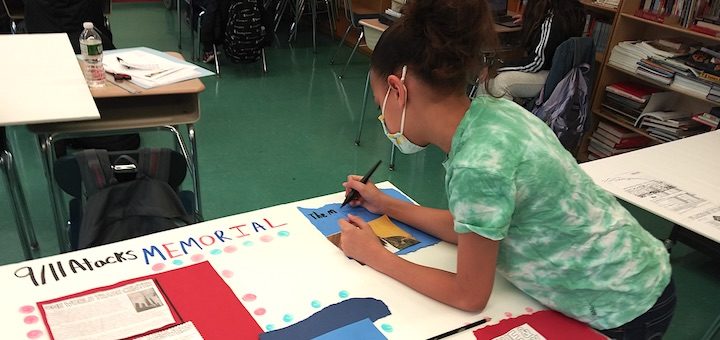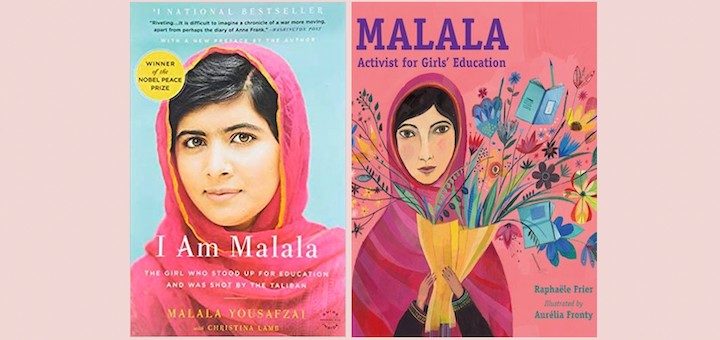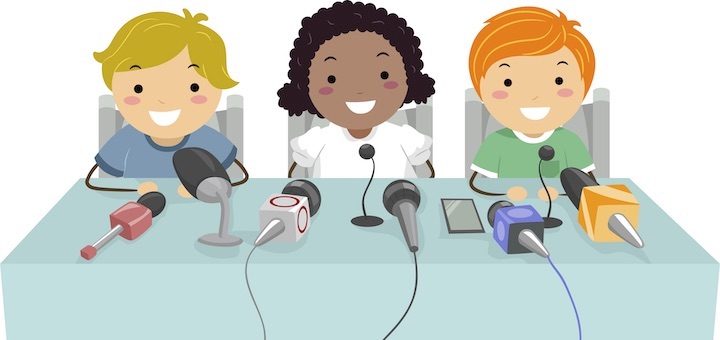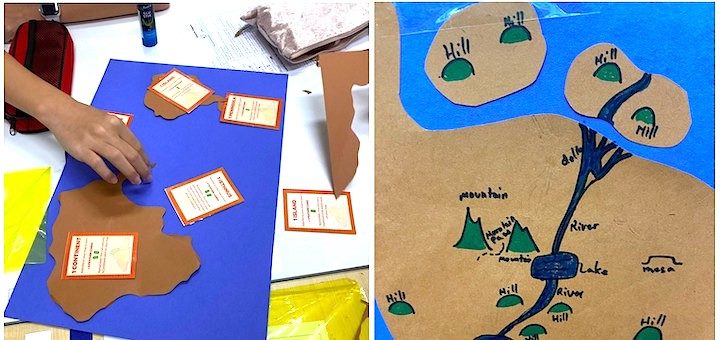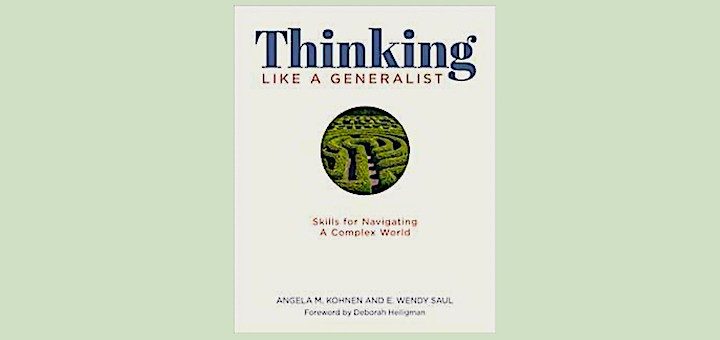It’s Emmy Award Time: Why Should We Care?
The Emmy Awards continue to be a rich source of teaching ideas for educators who have an interest in media, television and film literacy. Expert Frank Baker’s latest edition of his annual Emmys column offers background perspective, teaching ideas and additional resources.




